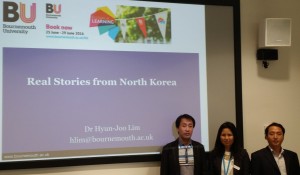
Over recent years there has been a surge of interest in North Korea, especially concerning issues around human rights abuse. For instance, both the BBC and the Guardian have dedicated North Korea sections on their websites. Additionally, numerous publications have revealed the abhorrent reality faced by North Korean people under its highly secretive totalitarian regime (Demick 2010; Harden 2012; Jang 2014; Kang and Rogoulot 2001). As a consequence, a growing number of North Koreans are leaving their country to seek refuge elsewhere, risking their lives and often their families’. Since 2004, approximately 600 defectors have settled in the UK, creating the largest North Korean community among European countries (Free NK 2014). Yet, compared to defectors settled in other countries, such as South Korea (Lee 2015; Noh et al. 2015), little is known about the UK settlers and their experiences, particularly those who are involved in human rights activism, despite increased coverage of North Korea in the media.
As a South Korean born academic, I was instantly fascinated by the existence of a North Korean community in the UK when I discovered it as part of my research. Upon learning about it, I found out about Free NK, a human rights organisation founded and run by the defectors. According to the founder Mr Kim Joo-Il, Free NK aims to achieve two major goals through their activism: raising public awareness by illuminating the reality of North Korea to the world, whilst also working towards the subversion of the regime by informing its fellow remainders about the outside world through the distribution of newspapers in Europe and to their ‘homeland’. However, as emerged in my interviews with various members, it has faced a range of challenges and obstacles. Given the significance of their work and direct relevance to my research, it seems perfectly appropriate to organise an event as part of BU’s Festival of Learning for wider engagement with the public. Two guest speakers from Free NK travelled to BU on Tuesday 28 June to share their personal experiences in North Korea and the future direction of their work.
The first speaker, Mr Choi Joong-Wha, who served in the North Korean army since graduating high school, expressed his dismay at seeing the reality of the army first-hand. Completely different from what he was taught at school about the army as the protector of people and the country, stealing from ordinary citizens to resolve hunger and raping women were common practice. He also witnessed many soldiers suffering from malnutrition, including himself, with this sometimes resulting in death. When the audience asked him at the end of the event how he survived with little food, he opened up honestly that he was able to survive only through stealing crops and animals from farmers.
The second speaker, Mr Kim Joo-Il, who was an army officer and founded Free NK since his arrival in the UK, focused his talk on Free NK activism and the future of North Korea. He outlined a range of methods that human rights activists deployed to send messages to people remaining in the secret regime, such as the use of balloons and drones. He talked of his experience during his service at the De-militarised Zone near the border with South Korea. During this period, he used to listen to South Korean radio programmes at night because they often spent the late hours in complete darkness due to limited electricity. According to him, these programmes were more enticing because they were not propagandistic but ordinary radio programmes, which revealed a comparatively free life in South Korea. Drawing on this personal experience, Free NK activists try to send newspapers that cover mostly usual news items and adverts to North Korea, rather than containing propagandistic messages.
Mr Kim also pointed out that the successful transformation of North Korea can only be achieved by the ordinary people, not by the privileged class targeted by the international society. Although the ultimate vision of many North Korean defectors is the unification of the North and South through the democratization of the former, both speakers are acutely aware of the huge chasm between the two due to different historical, political and economic paths taken by them. Until then, it will be a long journey.
The event was a great success with excellent engagement from the audience. It was also chosen by BU’s Media and Communications team as a press release that was picked up by the Bournemouth Daily Echo on 4 July 2016.
If you want to know more about my research on North Korean defectors, please email hlim@bournemouth.ac.uk.
References:
Chung, B-H. (2009) Between Defector and Migrant: Identities and Strategies of North Koreans in South Korea. Korean Studies, 32, 1-27.
Demick, B. (2010) Nothing to Envy: Real Lives in North Korea. London: Granta.
Free NK (2014). North Korean Residents Society. Available at: http://www.ifreenk.com [Accessed 20 May 2015].
Harden, B. (2012) Escape from Camp 14. London: Mantle.
Jang, J-S. (2014) Dear Leader. London: Ridler Books.
Kang, C-H and Rigoulot, P. (2001) The Aquariums of Pyongyang: Ten Years in the North Korean Gulag. New York: Basic Books.
Lee, H. (2015) The Girl with Seven Names: A North Korean Defector’s Story. New York: HarperCollins.
Noh, J-W., Kwon, Y-D., Yu, S., Park, H-C., and Woo, J-M. (2015) A Study of Mental Health Literacy among North Korean Refugees in South Korea. Journal of Preventive Medicine and Public Health, 48, 62-71
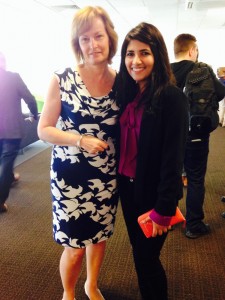





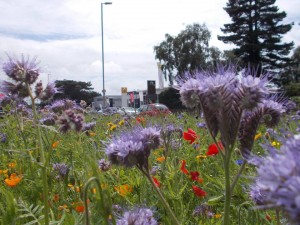




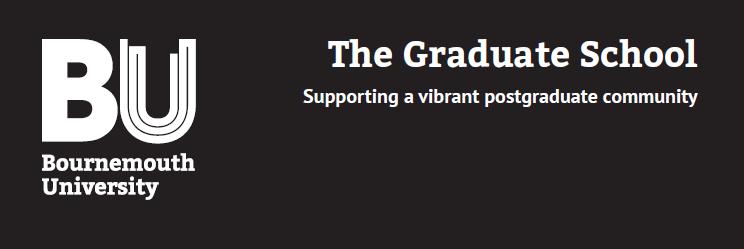
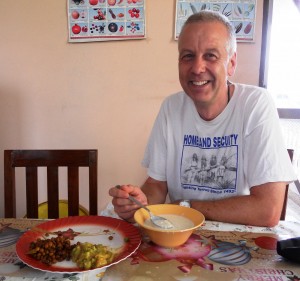
![InnovateUK_LogoA_Interim_RGBx320govuk[1]](http://blogs.bournemouth.ac.uk/research/files/2014/12/InnovateUK_LogoA_Interim_RGBx320govuk11-300x90.jpg)












 Fourth INRC Symposium: From Clinical Applications to Neuro-Inspired Computation
Fourth INRC Symposium: From Clinical Applications to Neuro-Inspired Computation Writing policy briefs
Writing policy briefs Upholding Excellence: The Concordat to Support Research Integrity
Upholding Excellence: The Concordat to Support Research Integrity Today’s Documentation Will Serve Tomorrow’s Justice
Today’s Documentation Will Serve Tomorrow’s Justice ECR Funding Open Call: Research Culture & Community Grant – Application Deadline Friday 12 December
ECR Funding Open Call: Research Culture & Community Grant – Application Deadline Friday 12 December MSCA Postdoctoral Fellowships 2025 Call
MSCA Postdoctoral Fellowships 2025 Call ERC Advanced Grant 2025 Webinar
ERC Advanced Grant 2025 Webinar Horizon Europe Work Programme 2025 Published
Horizon Europe Work Programme 2025 Published Horizon Europe 2025 Work Programme pre-Published
Horizon Europe 2025 Work Programme pre-Published Update on UKRO services
Update on UKRO services European research project exploring use of ‘virtual twins’ to better manage metabolic associated fatty liver disease
European research project exploring use of ‘virtual twins’ to better manage metabolic associated fatty liver disease